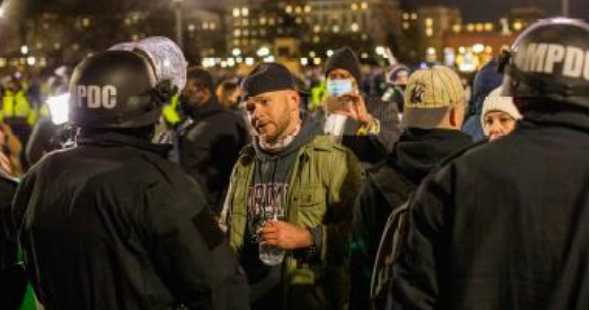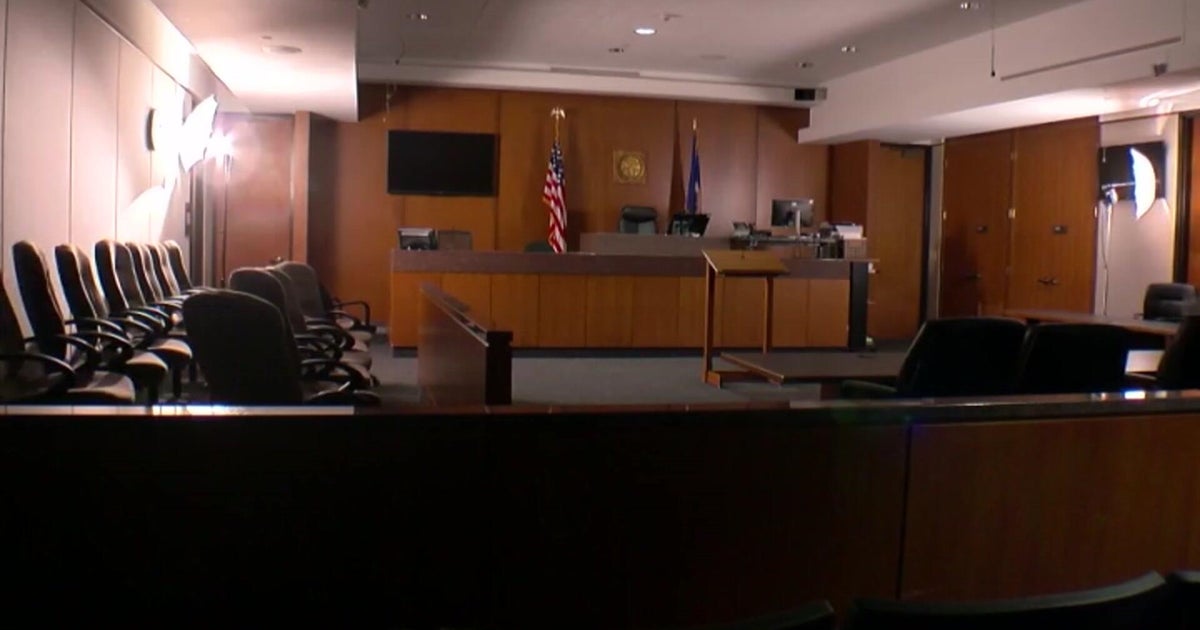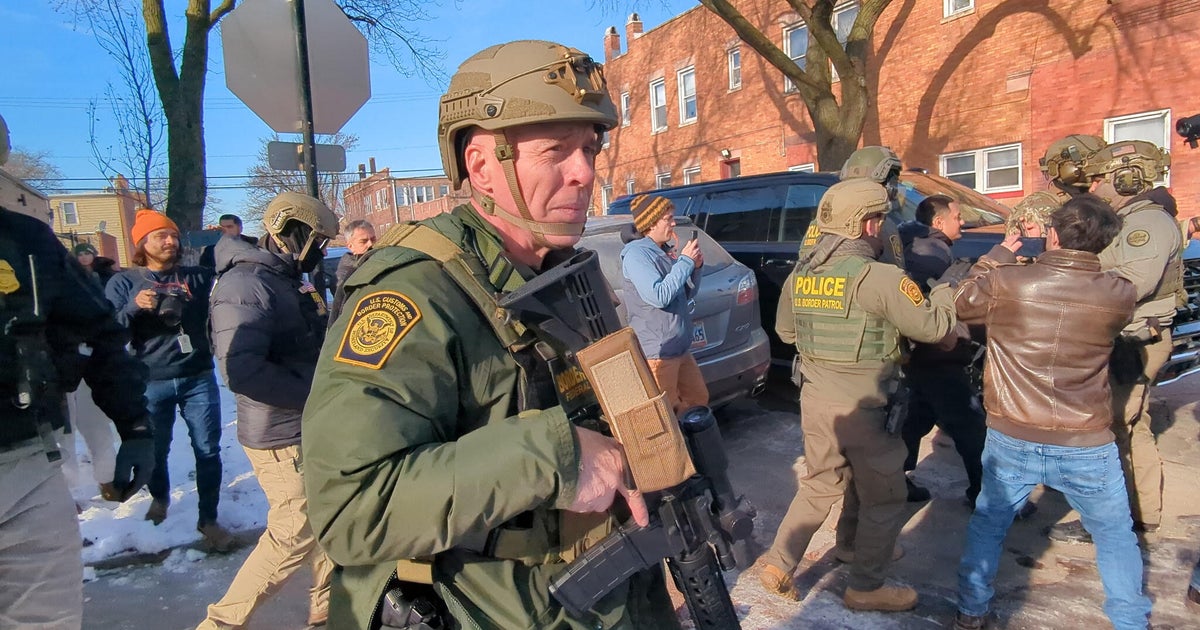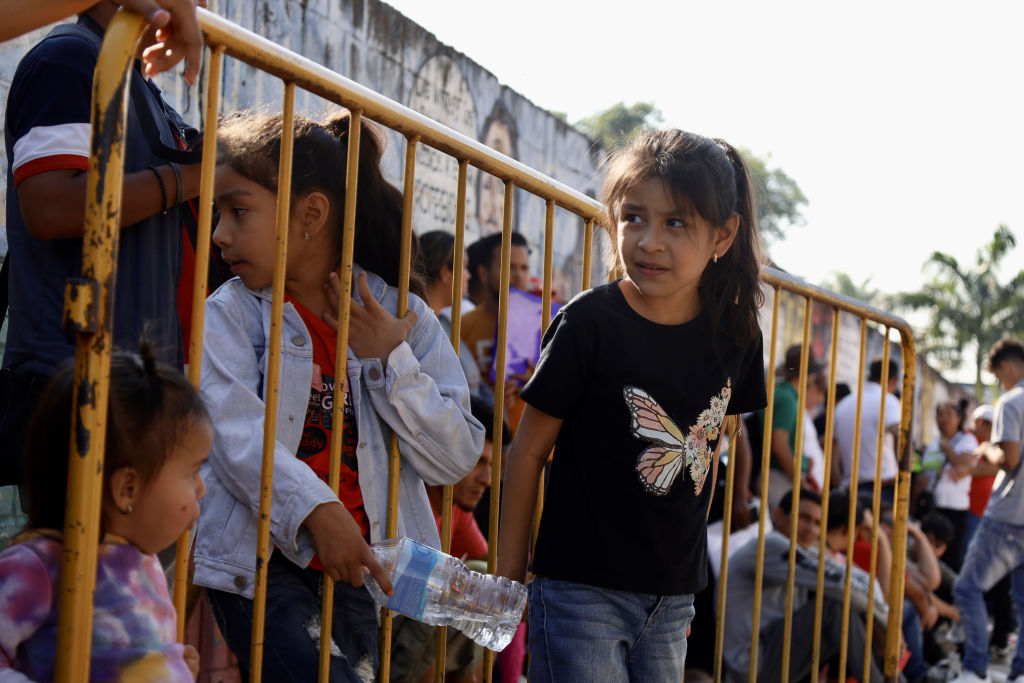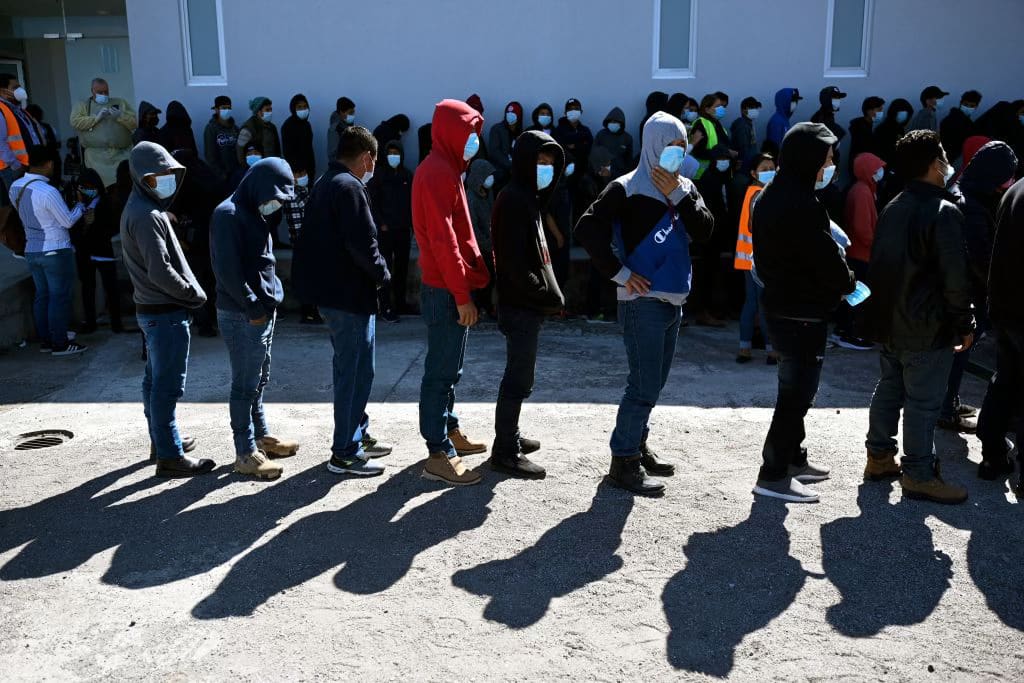Record 3,200 migrant children stuck in Border Patrol custody, with nearly half held past legal limit
More than 3,200 migrant children were stuck in Border Patrol facilities on Monday, with nearly half held beyond a three-day legal limit, as the Biden administration struggles to respond to the sharp increase in the number of unaccompanied minors crossing the U.S.-Mexico border.
According to government documents obtained by CBS News, nearly 1,400 unaccompanied minors had been held in Customs and Border Protection (CBP) holding facilities for more than three days as of Monday, despite the agency's legal obligation to transfer these children to shelters operated by the U.S. refugee agency within 72 hours of taking them into custody.
Nearly 170 unaccompanied children stuck in Border Patrol custody are under the age of 13, according to the CBP documents.
On February 21, CBP held just nine unaccompanied children past the three-day limit, according to one document, underscoring how the dwindling bed space at the refugee agency's shelters has created a massive backlog of minors waiting in facilities that were largely designed to briefly detain adult men.
As of Monday, the Office of Refugee Resettlement had only about 500 beds available near the southern border for the increasing number of migrant children entering U.S custody, according to a document from the Department of Health and Human Services (HHS), which oversees the refugee agency.
A former Department of Homeland Security (DHS) official said the current number of children in Border Patrol custody is the highest in the agency's history.
Border Patrol stations, which migrants have dubbed "dog kennels" and "ice boxes," have cinder-block cells meant to temporarily hold adult migrants. CBP is also holding unaccompanied children in a large "soft-sided" facility in south Texas that has more space and accommodations than Border Patrol stations; though it is designed for short-term custody as well.
The refugee office is currently housing more than 8,100 unaccompanied children as it works to expand its bed capacity, which had been restricted during the pandemic to implement social distancing.
The documents obtained by CBS News illustrate the escalating humanitarian, logistical and political challenges President Biden is facing at the U.S.-Mexico border early on in his presidency. Republicans have blamed Mr. Biden's policies and rhetoric on immigration for the marked rise in unaccompanied children entering U.S. border custody.
The Biden administration has continued the Trump-era policy of using public health law to rapidly expel most migrant adults and families from the southern border, but it has shielded unaccompanied children from the expulsions.
DHS Secretary Alejandro Mayorkas and a team of senior administration officials toured migrant holding facilities along the southern border last week amid the surge in crossings by unaccompanied children. The officials are set to brief Mr. Biden this week.
More than 7,000 unaccompanied migrant children were transferred to U.S. refugee agency shelters last month — a record high for a February, as CBS News reported over the weekend. According to the internal documents, the refugee office was set to receive 440 migrant minors in one day alone this week.
U.S. law requires the refugee office to place unaccompanied children with vetted sponsors while they undergo deportation proceedings. While in the U.S., the children can seek asylum or other forms of humanitarian protection, like visas for minors who were abused, abandoned or neglected by their parents.
In a statement to CBS News, the Office of Refugee Resettlement said it is working "aggressively" to release migrant children in its custody to sponsors, who are typically family members residing in the U.S.
The agency also noted it reopened the Trump-era influx holding facility in Carrizo Springs, Texas and started reactivating beds that had been taken offline during the pandemic to "relieve the overpopulation" of unaccompanied children in Border Patrol stations.
While it has more than 13,000 beds for migrant children, the refugee office reduced its capacity last year to about 8,000 beds to enact the social distancing measures.
On Friday, citing "extraordinary circumstances," the Centers for the Disease Control and Prevention allowed shelters contracted by the refugee agency to return to pre-pandemic bed levels, as long as they implemented enhanced coronavirus mitigation measures.
Representatives for DHS and the White House did not respond to requests to comment on the documents obtained by CBS News.

